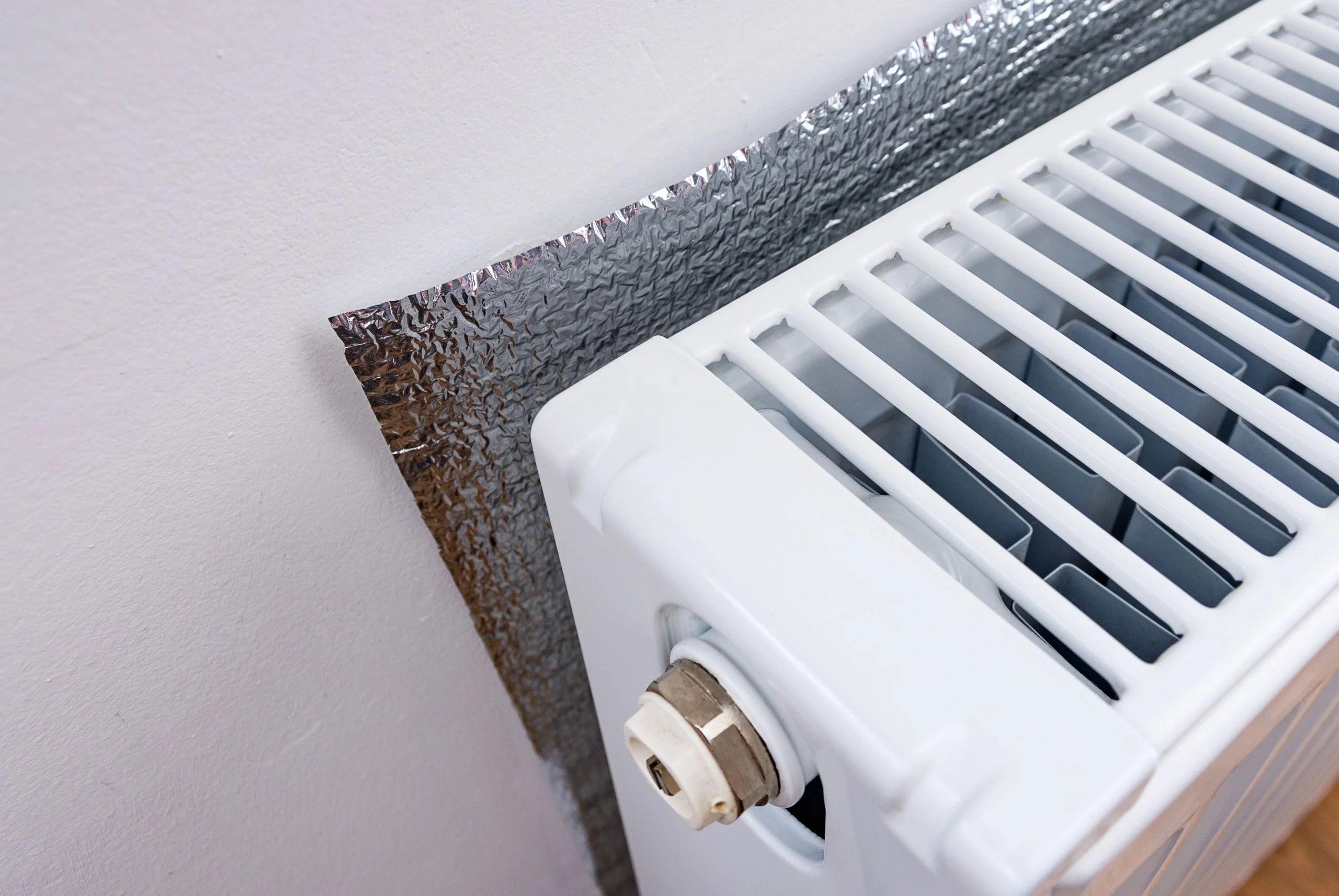Our homes have a combination of indoor and outdoor pipes that transfer water in, out and around our house.
Most homes have:
- Downpipes
- wastewater pipes
- sewage pipes
You’ll have at least one outdoor pipe that connects you to the main water supply. If you have a boiler, you’ll likely have a condensate waste pipe. This pipe transfers a small amount of wastewater from your boiler to the drains outside.
During winter your pipes, especially those outdoors, will be exposed to cold temperatures. If the temperature goes below zero, your pipes are at risk of freezing. This can make them crack or burst, resulting in no water or heating in your home and expensive repair bills.
To reduce this risk, insulate your pipes to help stop them from freezing.
You may also have pipes in uninsulated areas like your loft, basement or garage. These are important to insulate too, as those could also be exposed to low temperatures.
Your other exposed indoor pipes transfer hot water around your home, so pipe insulation helps reduce heat loss from the pipes. This can save you around £6 (£6 in NI) a year on your energy bills.*
* Savings based on fuel prices as of January 2024 for a typical gas heated (oil heated for NI) three-bedroom semi-detached house.
